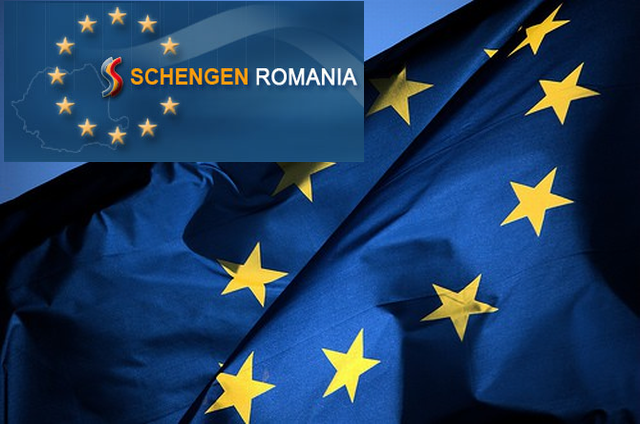Questioning the Schengen agreement
Several Schengen countries in the EU which are currently facing an unprecedented refugee crisis on Monday called on the European Commission to extend the period of control at the Schengens borders up to two years.

România Internațional, 26.01.2016, 13:39
Striving to keep at bay Europes severest migration crisis in the past decades, several Schengen countries have temporarily tightened border controls. At present, according to the community legislation, such measures cover a period of six months for security reasons. Nevertheless, the unprecedented inflow of asylum-seekers does not seem to decrease.
Under the circumstances, on Monday at the EU interior ministers meeting in Amsterdam, several member countries called on the European Commission to lay the legal and practical foundations for extending the period of border checking in the free travel area up to two years. The announcement was made by Dutch immigration minister Klaas Dijkhoff, whose country is holding the EU half-yearly presidency. Also attending the event, the European commissioner for migration, Dimitris Avramopoulos reiterated that the only solution to the refugee crisis was a European one.
Dimitris Avramopoulos “A concerted effort is needed in order to help people in need, to protect our external borders, to eliminate the terrorist threat and to keep EU citizens safe.
In order to contain migration, Austria on Friday proposed the suspension of Greece from the free-movement area until the maritime border with Turkey was secured, pleading jointly with Germany, Belgium, Sweden and Denmark for reintroducing temporary border controls in Schengen. The EUs Dutch presidency has announced its desire that the number of migrants who come to Europe be significantly reduced in the following two months.
The Europols European Counter Terrorism Centre, which was inaugurated in Amsterdam on Monday, is designed to be an instrument in the counter-terrorist fight at a European level, by stepping up information exchanges between the member countries. According to Europols director, Rob Wainwright, the priorities of the new structure will be spotting the links between crime rings and terrorism, funding sources for terrorists, the illegal arms trafficking, the Islamic States online propaganda and the use of fake travel documents. He said the new centre would also focus on the young people leaving for Syria and Iraq to join terrorist networks, the so-called ‘foreign fighters.
According to him, Europol has information about 37 hundred such fighters but doesnt have the complete picture. Europol has warned the Islamic State is preparing new large-scale attacks in EU countries, particularly in France, where civilians will be the main targets.
(Translated by D. Bilt)






























